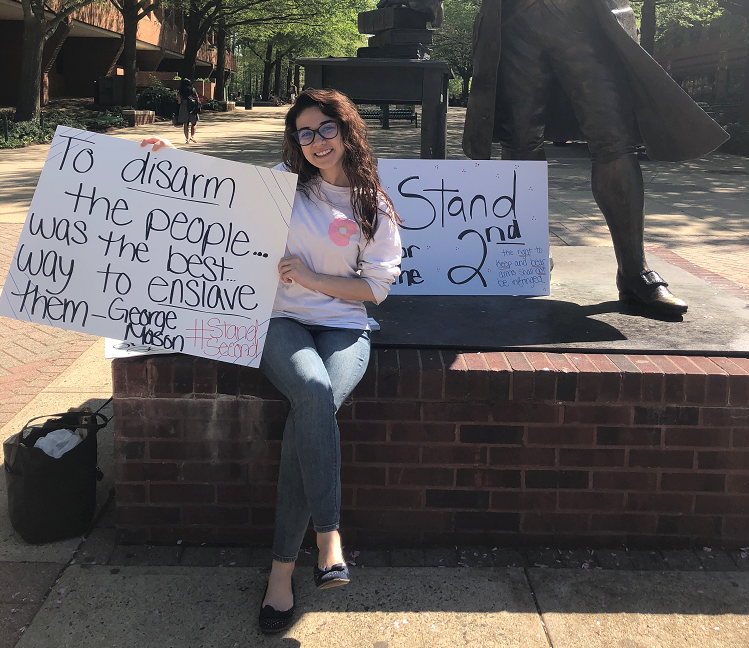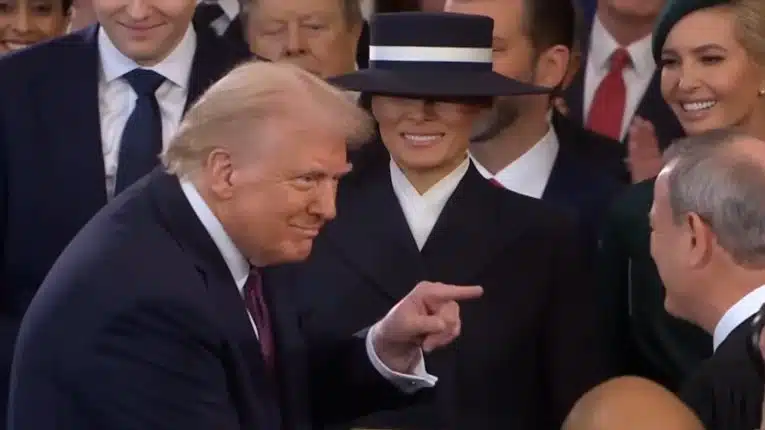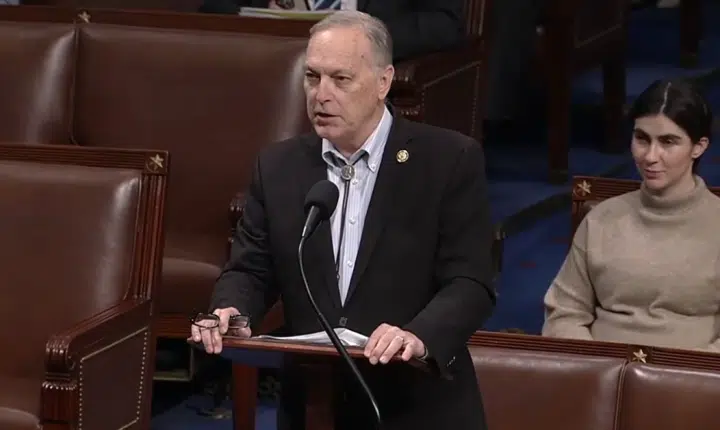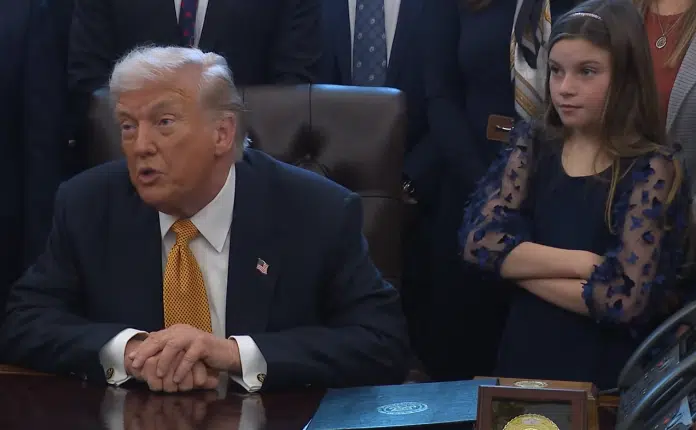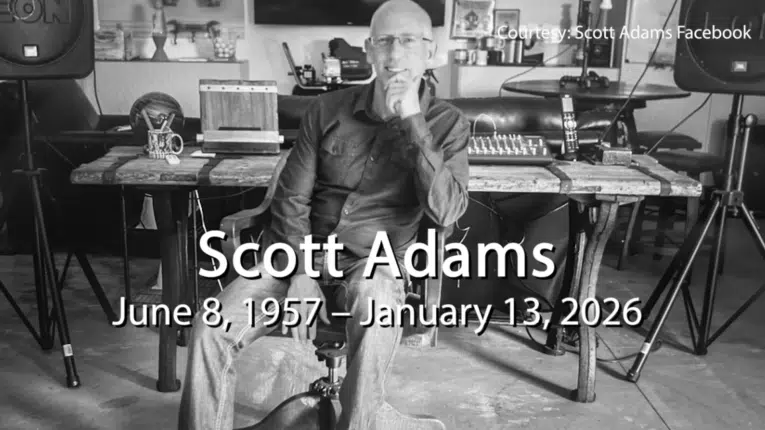By Natalia Castro
Students around the nation are taking the narrative back on guns in the United States. This week, thousands of students across the country, myself included, stood in favor of the Second Amendment on their college and high school campuses. As part of a student-led movement, Stand for the Second counters the narrative that just because guns are currently unpopular our right to keep and bear arms can be restricted; these students understand that no right can be infringed upon for our Constitution to survive.
Following the tragic events in Parkland, Florida, many students mobilized around the idea of gun control. Students like Emma Gonzalez and David Hogg have pledged to prevent the death of more children in schools by limiting the Second Amendment rights of law-abiding citizens.
Carlsbad High School senior Will Riley has decided to counter this trend; Riley believes grieving students have exploited the issue of gun control, while students who understand the necessity for guns have been pushed into silence.
Riley founded Stand for the Second to create a space for individuals to address solutions to gun violence that do not limit the protections of the Second Amendment. Riley told the Santa Fe New Mexican, “We just want to have the same platform that students on the other side were given. Really, what I want to do is just to educate people about their constitutional rights that they may not know about.”
What Riley began, is now a movement that has spread to over 300 schools to remind students of their rights.
The Hill contributors Mona Shattell, Ellen Olshansky, and Sarah Oerther, who are nurses, note the American Nurse Association, The American Psychiatric Nurses Association, and the American Public Health Association have all recently called for a Constitutional Amendment to fully ban firearms. Calls to enact gun control, even at the strictest level, are always highest following a tragedy; but, this does not mean those calls should be answered.
Following the acquittal of O.J. Simpson, Americans across the country rallied against the U.S. legal system for protecting a criminal; however, the trial did not protect a criminal, it protected the rule of law. Jurors in the case have admitted decades later that they question Simpson’s innocence, but stand by their not guilty verdict.
Lon Cryer told ANCs’ Nightline, “Based off the evidence as presented in the trial … the only conclusion I can come to is not guilty. It wasn’t based on whether or not I really thought he did it or didn’t do it… The only thing that trial did was raise reasonable doubt in my mind about whether or not he was the perpetrator or not.”
Even if the popular opinion is that a person is guilty, the constitutional Fifth Amendment right to due process ensures the presumption of innocence until proven guilty beyond a reasonable doubt. The rights of the accused cannot be abridged. As a result of the O.J. Simpson case, prosecutors and police officers around the country are held to a greater standard of the law with the knowledge that their failure can allow an otherwise guilty party to be set free. Still, the rule of law cannot bend to sentiment — or we’re all in trouble.
This is true of all rights.
Just because speech is unpopular does not mean the right to speak can circumstantially be revoked. Just because a person is unpopular does not mean their right against cruel and unusual punishment can be stripped. Just because a religion is unpopular does not mean the right to practice that religion can be removed.
Similarly, this stands true for the Second Amendment.
Just because a school shooting appears to make guns less popular in the United States, it does not mean the right to have a gun can be dismissed.
Riley and students across the country who took the time to stand for the Second Amendment demonstrated liberal persuasion will not sway their generation. They are standing against what amounts to mob rule. A tyranny of the majority that can revoke rights.
Kim Parker, director of social trends research at the Pew Research Center explained to NPR, views regarding gun ownership and gun control are nearly identical among millennials and older generations, but the immediate aftermath of Parkland made it appear that millennials are far more in favor of gun control. Parker says the research concludes this is not representative of what the whole generation feels.
Furthermore, the latest NBC News/Wall Street Journal poll reveals that nearly 60 percent of Americans say gun ownership increases safety.
Riley and Stand for the Second are speaking up for the silent majority afraid to go against the narrative that firearms kill children by reminding them that even children believe firearms do not need to be associated with fear and violence. Instead, they still believe a gun is a tool for safety and sport.
When I held the Stand for the Second event on my campus, I was approached by many students who told me they were in shock a Second Amendment focused event occurred on our campus and that this was the first time they were aware other students had a positive image of guns like them. The left cannot control the conversation on guns. Younger generations must continue reminding the country that popularity should not always equate to policy.
Natalia Castro is a contributing editor at Americans for Limited Government.


